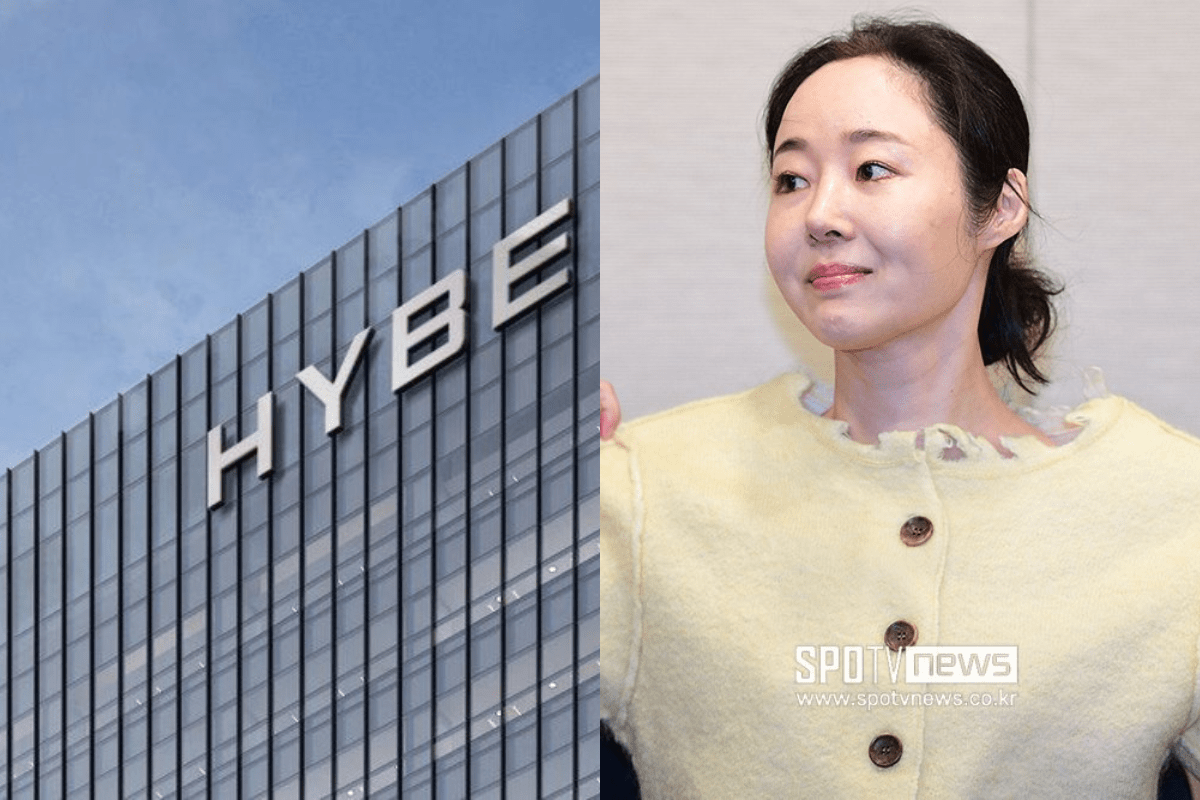
In 2022, the American news weekly TIME described aespa, a South Korean idol group under SM Entertainment, with this phrase. The statement implied that aespa was experimenting with the future of the music industry by bridging virtual and real worlds. The experiment was a success. Just four years after their debut, aespa now stands at the forefront of K-pop girl groups and has established itself as one of the genre’s flagship acts.

This year, aespa’s activities have been remarkable. Their first full-length album, Armageddon, released in May, and their fifth mini-album, Whiplash, released last month, each surpassed 1 million copies sold in their first week, achieving a streak of five consecutive million-seller records. The title track from their full-length album, “Supernova,” held the top spot on the Melon Weekly Chart for 15 consecutive weeks, the longest streak in the chart’s history since its inception in 2004. Even now, the song remains in the top 10. Their latest tracks, “Whiplash” and leader Karina’s solo song “Up,” have secured spots in the top five, even amid competition from Rosé’s “APT.” and G-Dragon’s “Power.” By succeeding with two consecutive albums, aespa has widened the gap with other leading girl groups of the “Girl Group Renaissance” era, such as NewJeans, IVE, and LE SSERAFIM, collectively known as “Newar.”
Breaking Away from “Kwangya” to Build a Multiverse Identity
Comprising four members—Karina and Winter from Korea, Ningning from China, and Giselle from Japan—aespa’s journey has been nothing short of challenging. The group deviated from the conventional formula for guaranteed success in K-pop girl groups and overcame an identity crisis following the departure of Lee Soo-man, the former general producer of SM Entertainment who discovered them.
Jeong Min-jae, a music critic, noted, “In their early days, the fantasy-based concept made their music and image somewhat niche. However, with ‘Next Level,’ aespa solidified their unique color. Subsequent releases have struck a perfect balance between mass appeal and distinctive concepts.”

aespa was initially a key part of Lee Soo-man’s “SM Culture Universe (SMCU)” project, which aimed to connect all SM artists within a shared universe. However, Lee’s departure necessitated changes to aespa’s “Kwangya Universe” identity. The group has since significantly reduced references to Kwangya and has established a new “Multiverse Universe,” effectively transitioning into “Season 2.” Aespa’s distinct metallic sound, often tied to their fantastical world-building, remains integral to their identity. Choi Sung-woo, SM’s general director, explained, “We adjusted the concept to make it more accessible to the public while maintaining its distinctiveness. The members delivered with outstanding expressive abilities and adaptability, resulting in great success.”
Kim Do-heon, another music critic, added, “Faced with the task of creating a new narrative in the absence of their original universe, aespa reinterpreted it creatively using familiar references, reinforcing their image as ‘mystical beings.’ As a result, they’ve gained acclaim from both mainstream audiences and dedicated fans.”
Unique Style and Performance Drive aespa’s Image
Combining distinctive music, striking concepts, stunning visuals, and captivating performances, aespa has further solidified its brand. According to SM’s Performance Directing Lab, which oversees aespa’s choreography, “We focus on expressing the overarching narrative and dramatic arcs of the music, often utilizing challenging moves to visually convey the texture of the sound.”

Expanding Popularity Through Member Growth
As aespa’s career progresses, all four members have shown balanced strengths, helping to expand both their fanbase and public appeal. Jeong Min-jae noted, “Initially, Karina and Winter led the group’s popularity, but Ningning and Giselle’s unique charms and roles have grown, significantly increasing overall interest and admiration for the group.” A K-pop agency executive similarly praised the group, saying, “Their original concept, excellent production, and the well-rounded talents of all four members make them a standout girl group.”
Challenges in the Global Market
aespa is also garnering significant attention as a potential successor to BLACKPINK on the global stage. They’ve placed six consecutive albums in the top 50 of the Billboard Album Chart and have held Tokyo Dome concerts in Japan for two consecutive years. However, their international activities remain skewed toward Japan. Kim Do-heon highlighted, “Domestically, they are a top-tier group in terms of popularity and potential, but their global outreach has been somewhat slow, with fewer appearances at major overseas festivals and a delayed world tour. Expanding their global activities and influence is essential for the future.”









